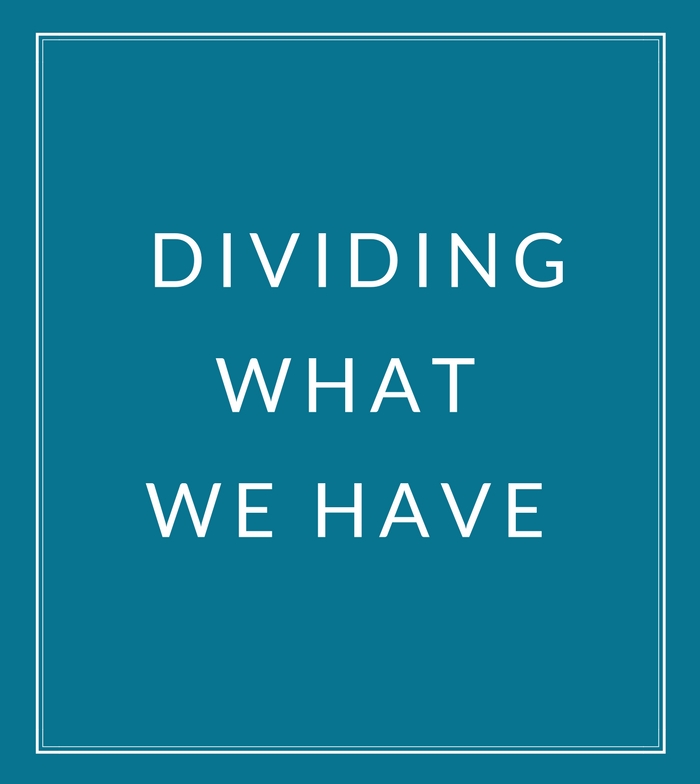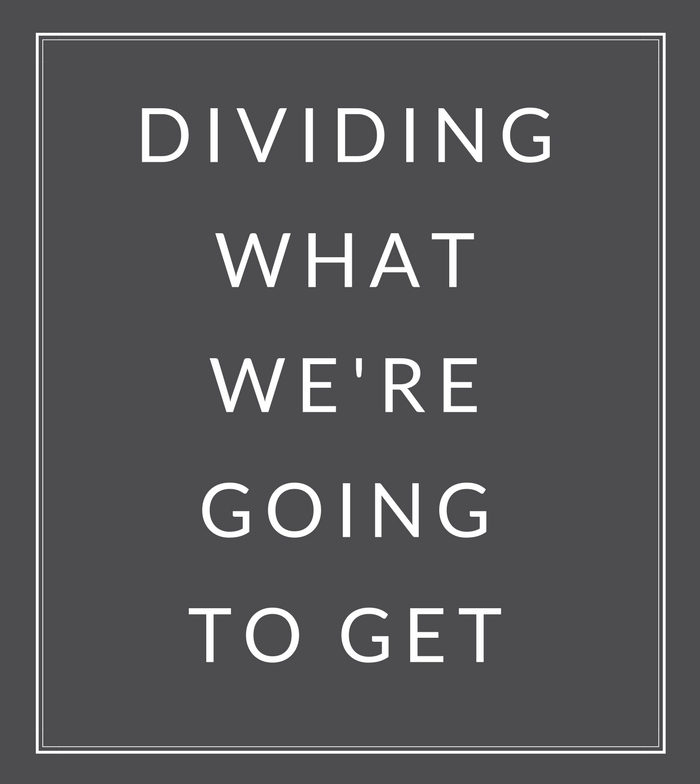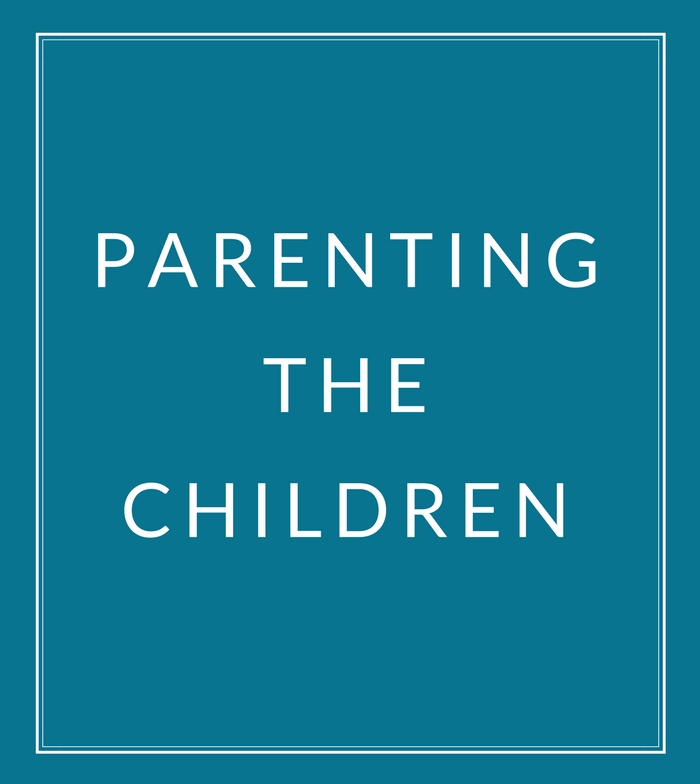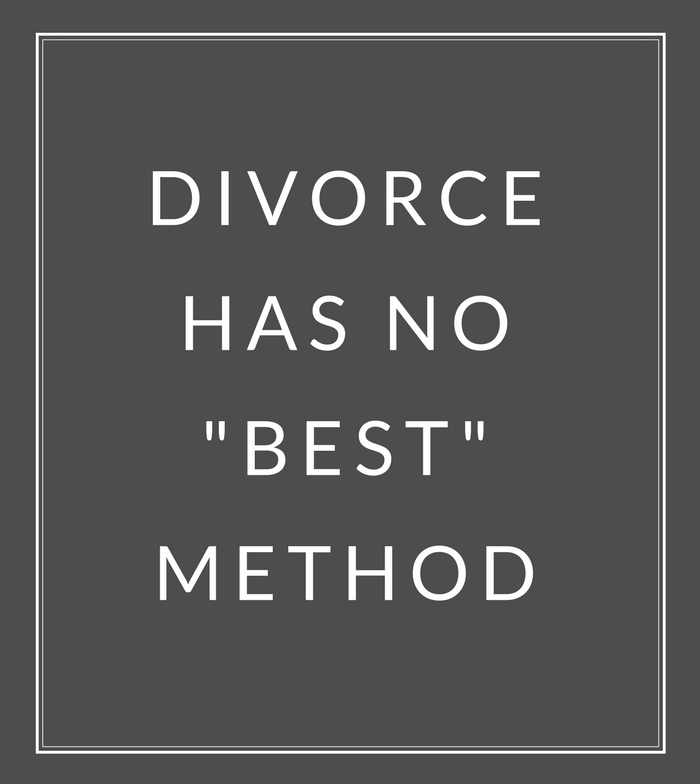Divorce (Dissolution of Marriage)
At Stern Perkoski Mendez in Evanston, Chicago, Lake Forest and Oak Brook, we understand that you probably never thought you would need to hire a divorce lawyer. That’s why we take our responsibility so seriously to represent you in an Illinois divorce—and to guide you in understanding the divorce process.
When a marriage breaks down or the married couple is no longer happy, sometimes the best course of action is to divorce. Technically called a dissolution of marriage, divorce is the legal process that dissolves the bonds of matrimony by unwinding the couple’s intertwined finances and affairs. It also ends the many rights acquired by way of marriage.
Divorces can grow complicated and stressful, and it’s easy to lose sight of what is actually occurring. In simple terms, the legal process of divorce covers three things:
How are divorces resolved in Illinois?
While each divorce is as unique as the spouses in a marriage, all divorce proceedings generally involve some combination of:
Some cases may also be resolved amicably or through a collaborative divorce.
There is no “best” method for resolving a divorce. Ultimately, the path taken to finalize a divorce depends on the level of communication between the spouses and their contested issues. At Stern Perkoski Mendez in Evanston, Chicago, Lake Forest and Oak Brook, we encourage amicable divorce resolutions whenever possible—but will fight vigorously in court if needed.
Contact Our Divorce Law Firm in Evanston, Chicago, Lake Forest and Oak Brook
For cases in Chicago, the North Shore, DuPage County and surrounding suburbs, we are happy to discuss your divorce case and provide our opinion on how your case should be resolved. Contact Stern Perkoski Mendez for a free consultation at any time by calling (847) 868-9584. We can meet with you in our offices in Evanston, Chicago, Lake Forest and Oak Brook, or at another location.




